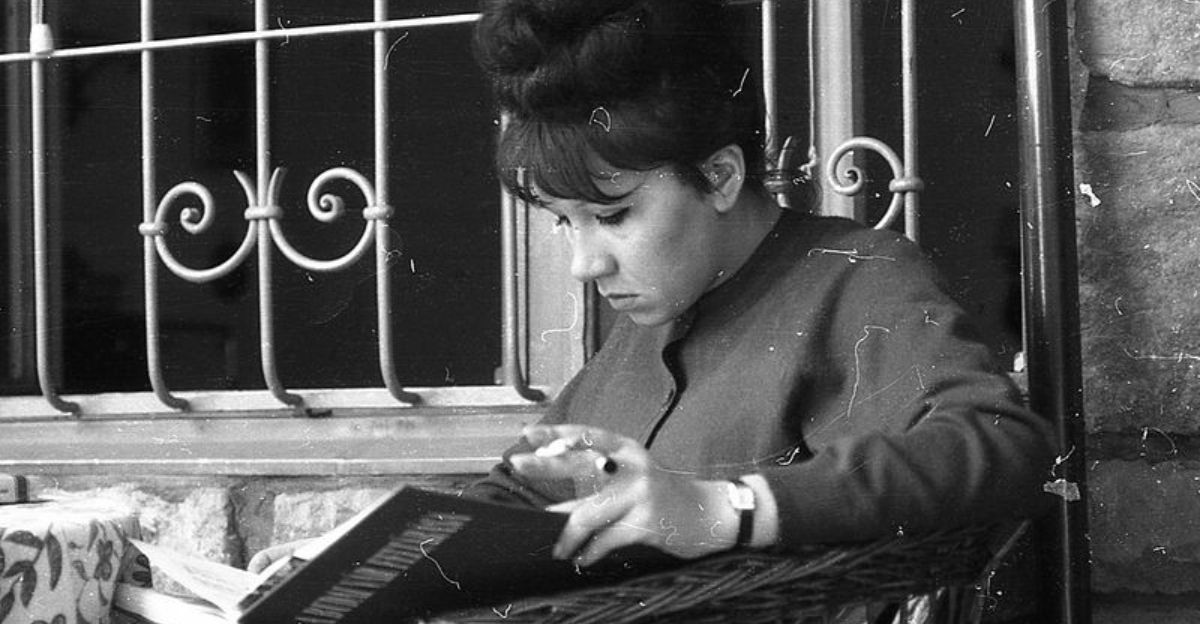13 Strict ’60s Teen Rules That Seem Totally Ridiculous Now
Growing up in the 1960s meant following rules that would make modern teenagers laugh out loud.
Parents and schools enforced strict guidelines about everything from dating to fashion, believing they were protecting young people’s morals and futures.
Looking back now, many of these regulations seem completely out of touch with reality and hilariously outdated.
1. Curfews Before 10 P.M.
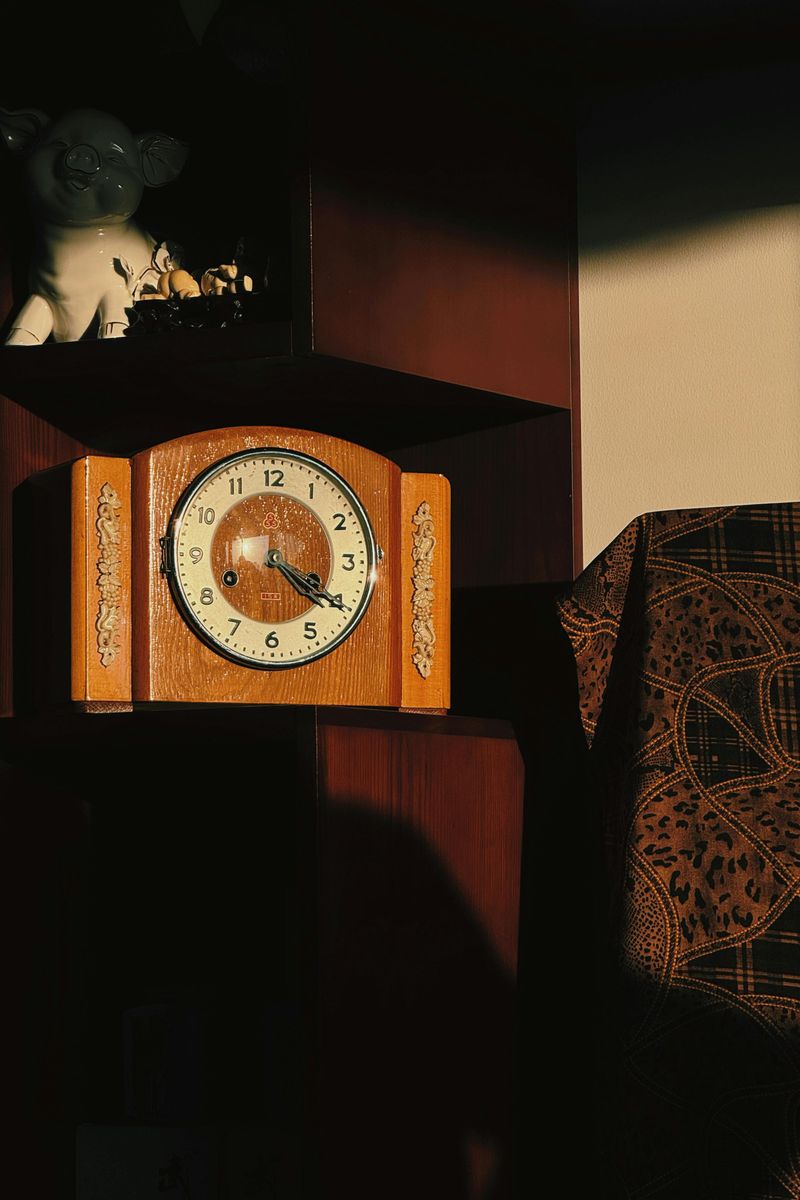
When the clock struck ten, you better believe teenagers were scrambling to get home or face serious consequences. Most parents set curfews way earlier than that, sometimes as early as 8 or 9 on weeknights.
Missing curfew meant grounding, lost privileges, or worse. Teens today might stay out until midnight or later, but back then, being home before the evening news ended was absolutely mandatory and completely non-negotiable.
2. Girls Couldn’t Wear Pants To School
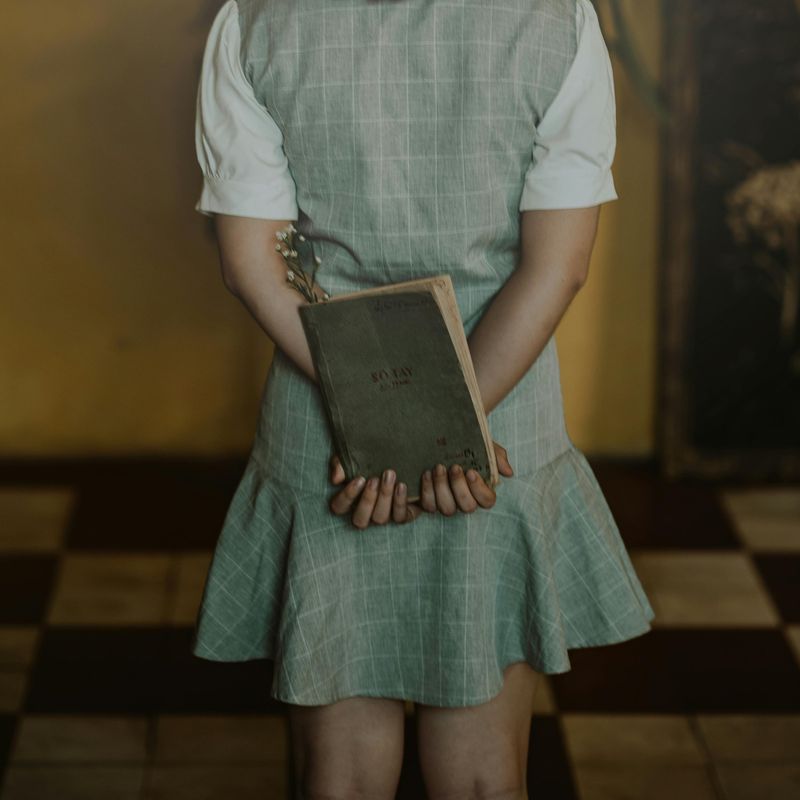
Cold winter mornings didn’t matter one bit when dress codes demanded skirts or dresses only. Female students shivered through snow and freezing temperatures because wearing pants was considered unladylike and completely inappropriate.
Schools sent girls home if they dared show up in slacks. Even gym class had special requirements, with bloomers or culottes being the only acceptable alternatives to everyday dresses and stockings.
3. No Kissing On The First Date
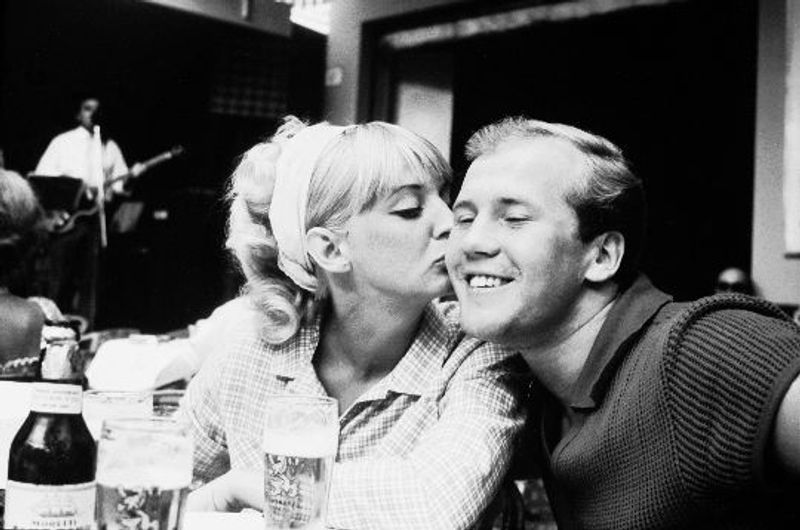
Ending a perfect evening with a goodnight kiss? Absolutely not allowed if it was your first time out together. Society viewed first-date kissing as scandalous behavior that suggested poor morals and lack of self-control.
Girls who kissed too soon earned nasty reputations that followed them throughout high school. Boys were expected to be gentlemen, keeping physical contact minimal until several dates had passed successfully.
4. Always Address Adults As Sir Or Ma’am

Calling grown-ups by their first names was absolutely forbidden and considered incredibly disrespectful. Every adult deserved formal titles, whether they were teachers, neighbors, or complete strangers at the grocery store.
Kids who forgot to say sir or ma’am faced immediate correction and sometimes punishment. This rule taught respect but also created distance between generations, making casual conversations feel stiff and uncomfortably formal.
5. Hair Had To Be Neat And Short For Boys
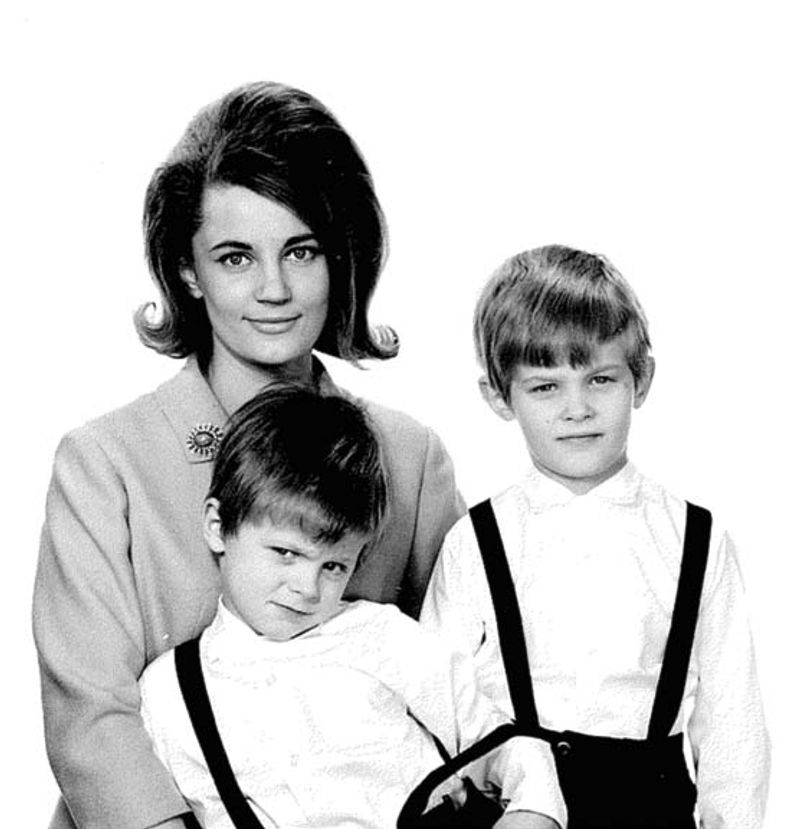
Long hair on boys was seen as rebellious, dirty, and downright unacceptable in most schools and households. Regular trips to the barber kept hair trimmed above the ears and off the collar.
Schools measured hair length with rulers, sending violators home until they got proper cuts. Parents worried that longer styles indicated dangerous rebellion or association with counterculture movements that challenged traditional American values.
6. No Loud Music In Public
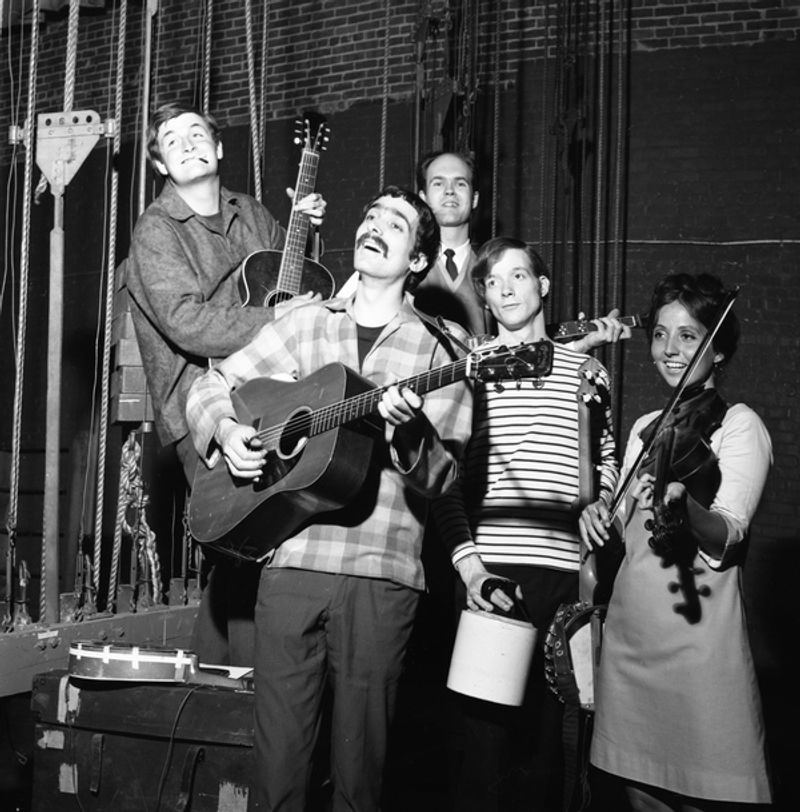
Blasting your favorite rock and roll tunes in public spaces was strictly prohibited and could get you in serious trouble. Adults viewed loud music as disruptive noise that disturbed the peace and showed disrespect.
Portable radios existed, but playing them too loudly meant confrontations with police or angry neighbors. Teenagers had to enjoy music quietly at home or through headphones, keeping their enthusiasm contained.
7. Girls Had To Wear Gloves To Formal Events

Attending dances, church services, or fancy dinners required white gloves as part of proper attire. Bare hands were considered crude and showed poor upbringing, especially among middle and upper-class families.
Girls learned glove etiquette early, knowing when to wear which length and color. Forgetting gloves meant embarrassment and sometimes being turned away from events altogether, making them essential accessories.
8. No Talking Back To Teachers—Ever
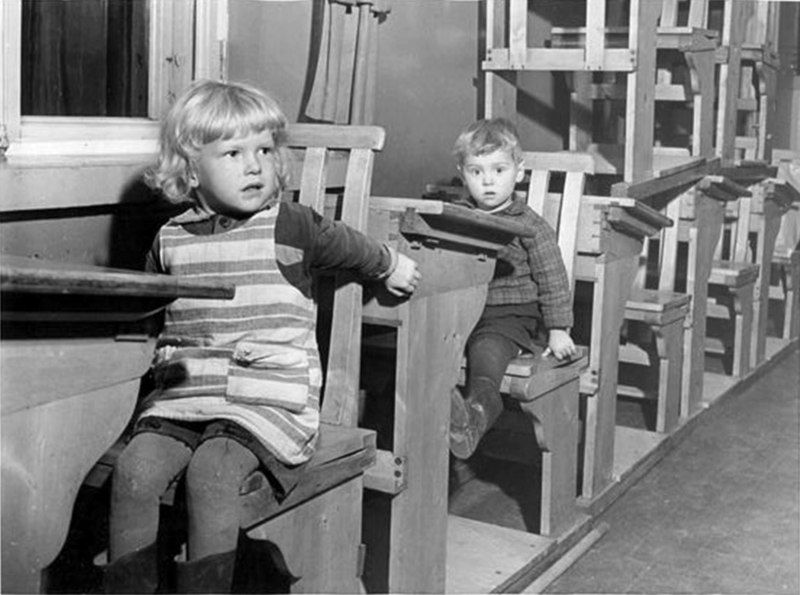
Questioning a teacher’s decision or offering a different opinion was absolutely unthinkable and guaranteed swift punishment. Students sat silently, accepting whatever teachers said without debate or discussion.
Even polite disagreement was considered backtalk worthy of detention, paddling, or calls home to parents. Authority figures demanded complete obedience, leaving no room whatsoever for student voices or critical thinking skills.
9. No Living Together Before Marriage
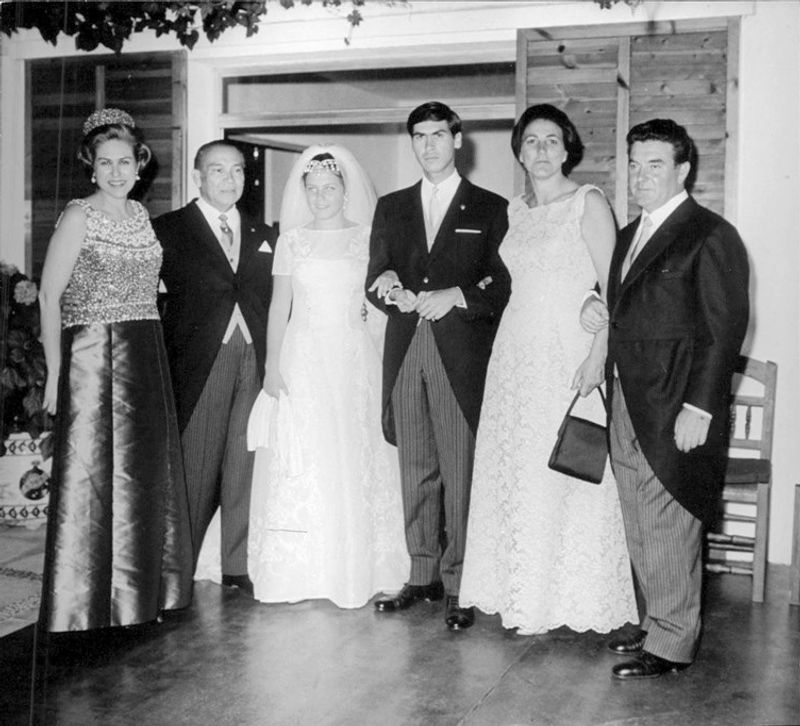
Cohabitation before marriage was scandalous behavior that could ruin reputations and destroy family relationships permanently. Society expected couples to live separately until their wedding day, no exceptions allowed.
Unmarried couples living together faced social ostracism, eviction from apartments, and judgment from everyone around them. Parents often disowned children who broke this rule, viewing it as immoral behavior.
10. No Calling Boys First
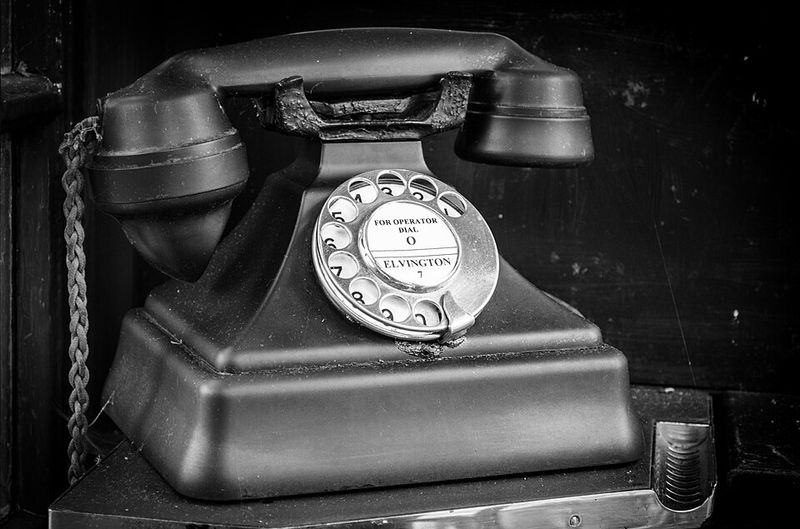
Girls who picked up the phone to call boys were labeled desperate, forward, or worse. Proper young ladies waited patiently for boys to make the first move, no matter how long it took.
Initiating contact suggested aggression and lack of femininity that damaged marriage prospects. This rule left girls feeling powerless, unable to express interest or pursue relationships on equal terms with boys.
11. No Swearing, Especially In Front Of Adults
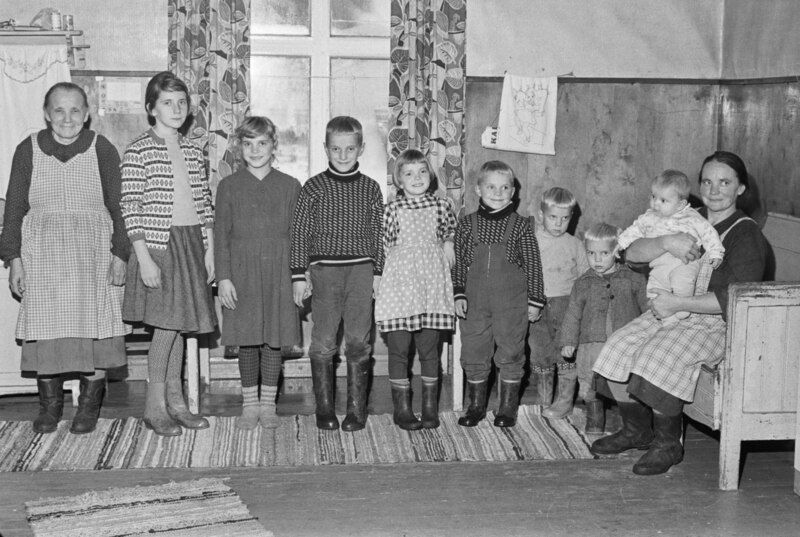
Even mild curse words were absolutely forbidden, especially when adults were within earshot. Letting a bad word slip meant immediate consequences, including soap in the mouth or serious groundings.
Teenagers policed their language constantly, knowing that profanity reflected poorly on entire families. Adults considered swearing a sign of low character and poor upbringing that indicated serious moral deficiencies.
12. Always Stand When An Elder Enters The Room
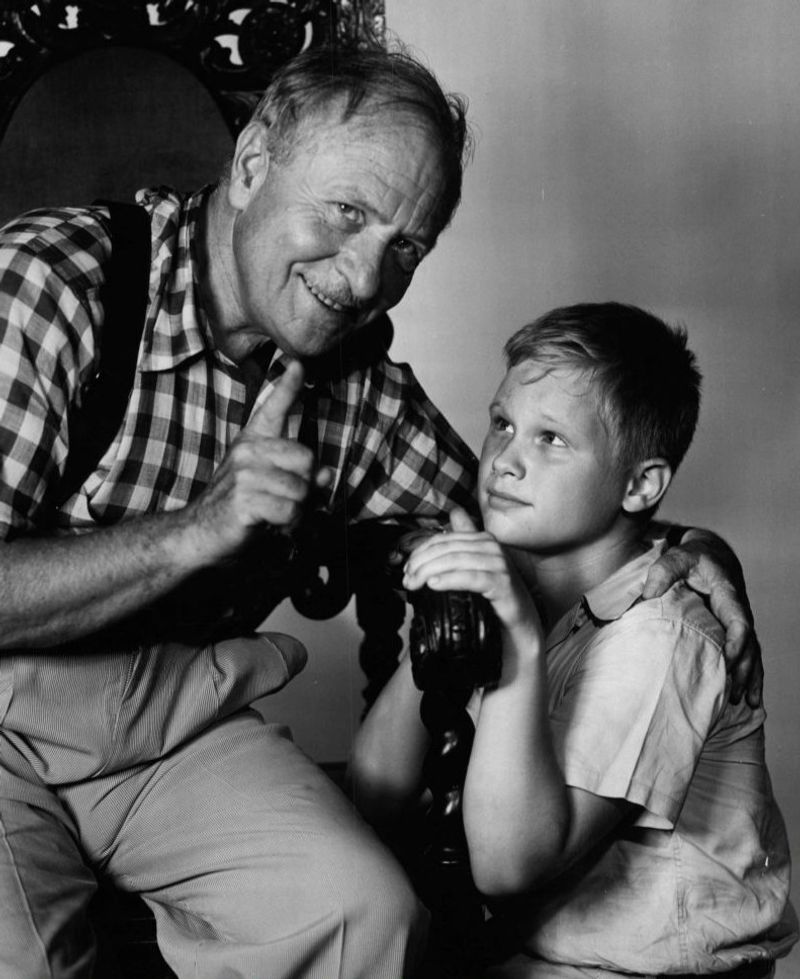
Staying seated when grandparents, teachers, or any older person walked in was incredibly rude and unacceptable. Kids jumped to their feet immediately, showing respect through this simple physical gesture.
Failure to stand resulted in sharp reprimands and lectures about manners. This rule emphasized generational hierarchy, reminding young people that elders deserved automatic deference simply because of their age.
13. Dating Someone Of Another Background Was Scandalous
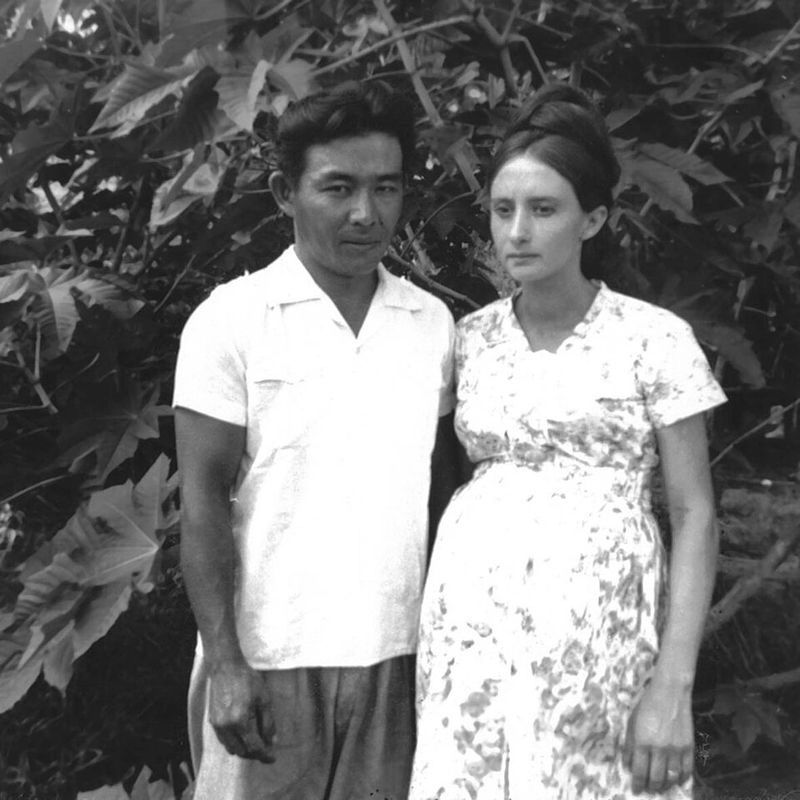
Interracial or interfaith relationships caused massive family conflicts and community gossip that could destroy young lives. Parents forbade dating outside specific religious, ethnic, or racial groups.
Couples who defied these boundaries faced ostracism, threats, and sometimes violence. Society’s prejudices ran deep, making love across cultural lines extremely difficult and dangerous despite genuine feelings between people.


